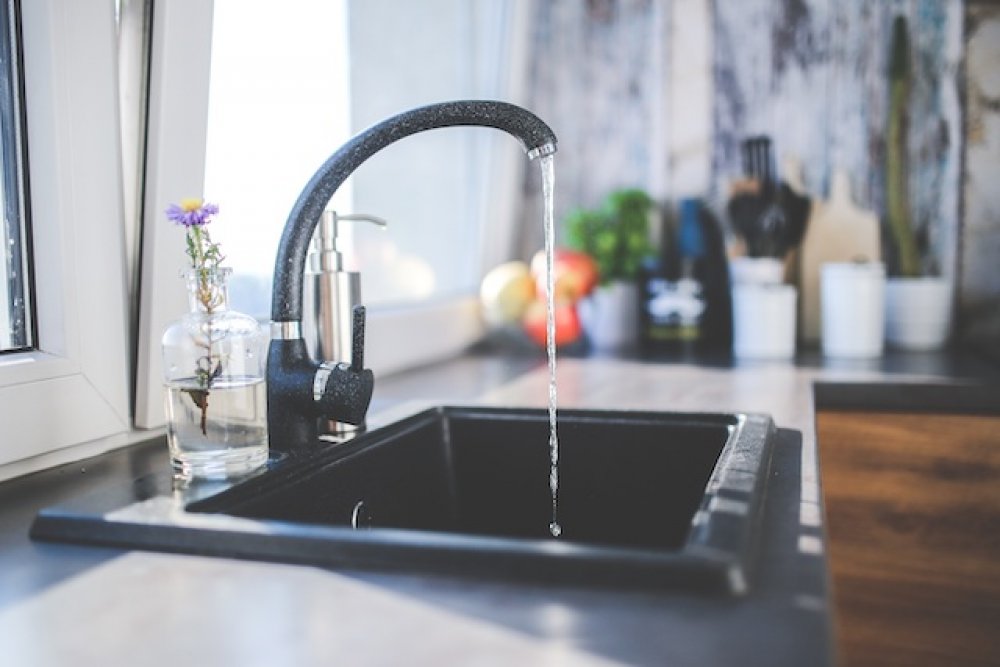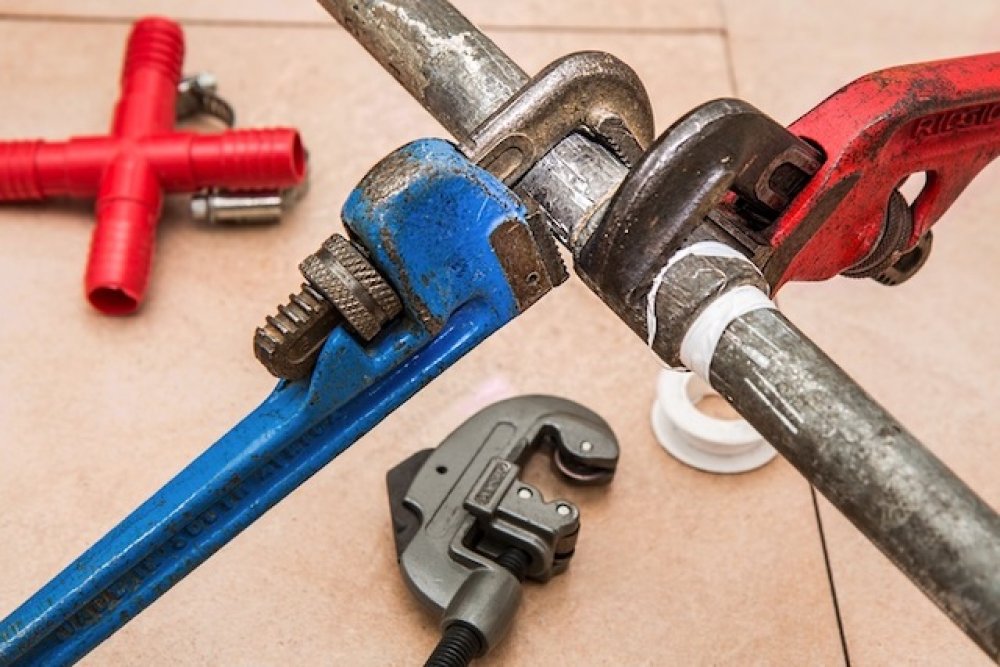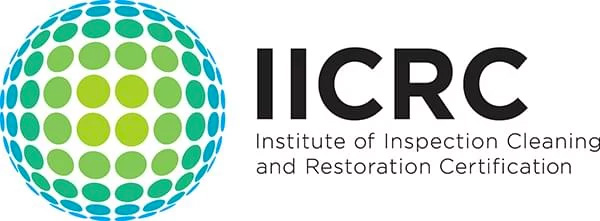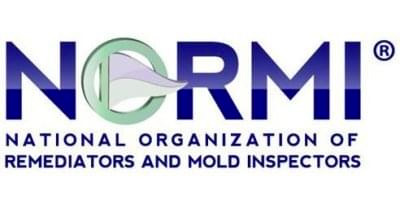Stop Mold Growth In Pipes And Drains
Do you smell a moldy odor when you're near a kitchen or bathroom sink drain? If you smell this, there is a good chance that it is due to mold growing in your pipes and drains.
That is not surprising. Since mold thrives in damp and confined spaces, it is a common issue in pipes and drains. Compared to other spaces, it is more difficult to deal with because you cannot easily spot the mold colony.
In this blog, you will learn how to stop unhealthy mold from growing in a pipe and drain in your Central Florida home. However, before reading any further, note that moldy smells in your home indicate a need for professional intervention. The following tips are mainly for prevention.
What Causes Mold To Grow In The First Place?
Mold is a fungus you can find everywhere. It needs high moisture levels for significant growth. The following conditions are vital for the survival of mold colonies:
- Oxygen
- Food source
- Darkness
- Warmth
- Moisture
What Are The Food Sources Of Mold?
In kitchens, there are always at least some food particles that go down the sink drain.

In the bathroom, there is always a lot of food available for the mold to grow and multiply: dead skin cells and hair are important food sources for mold in the bathtub and shower drain.
What Are Some Ways To Prevent Mold In Pipes And Drains?
If you want to prevent mold in your pipes, there are some practical steps you can take. However, it is hard to completely remove the mold from water pipes.
Clean The Pipes And Sink Drains
Start by boiling water and pouring it down the drain. Another option is to let the boiling water run for a few minutes. This boiling water down the drain will clean the sink pipes and drains well. You can also create a mixture of baking soda and vinegar. Pour a quarter cup of baking soda together with a cup of white vinegar into the drain. Wait for 10–15 minutes, and this baking soda and white vinegar mixture should get clean.
It's recommended to use these home remedies for a moldy drain at least once a month. Some people do this on a weekly basis to combat the mold colonies. Experts warn not to use household bleach because the fumes are not healthy for your lungs and airways. Plus, the bleach may have an abrasive effect on the pipes.
Open Doors And Windows
A bathroom pipe and drain are common spots for mold to grow. Decrease the moisture in the air by keeping the exhaust vent on whenever you can. Additionally, you can leave the door and windows open.
Invest In Dehumidifiers
Dehumidifiers are a great way to get rid of the excess moisture in your living spaces. When you use these devices regularly, you will cut down on the risk of developing a serious mold problem. You may use them in a variety of places, including your basement, kitchen, and bathroom.
Can You Have Mold In The Water?
In theory, it is possible that your water has mold. You can get your water tested for this.

The highest risk for mold-contaminated water is when your water is sourced from a well. For example, the well's cap may be damaged, or the seal might not be working properly. Nonetheless, there is a slight risk even if your drinking water comes from the town's supplies. The conditions for this include food sources and high oxygen levels. When these conditions are met, mold is able to survive in the water.
There are many potential points of entry and contamination. Any water distribution systems, including storage tanks and supply pipes, are open to mold intrusion.
Why Is It Important To Counter The Mold?
The health effects of mold have individual variations. Some people do not experience any symptoms at all, while others complain about numerous ailments, including the following:
- Wheezing
- Eye irritation
- Skin problems
- Coughing
- Nose stuffiness
- Throat irritation
- Sleeping trouble
- Concentration problems
- Dizziness
Mold poses an especially big risk to individuals suffering from mold allergies. Additionally, having a compromised immune system greatly raises the risk of serious complications.
Where Else Could Mold Grow?
Now you may wonder if you have more mold growth in your house. Outside the sink drain and pipes, mold is easier to spot. However, you can easily mistake mold for dirt or soot.
The high-risk areas for mold include basements and crawl spaces. The danger is especially acute after flooding or any other situation that causes a spike in moisture levels.
When you are on the lookout for mold, check for leaking roofs, pipes, or windows. The mold spores need a steady water supply. Having a leaky pipe that is hidden away from plain sight increases the chance of an undetected mold issue.

Excess moisture levels are not always linked to flooding, leaks, or burst pipes. Poor ventilation and tightly sealed structures can trap too much moisture in your home. Sometimes, your habits may play a role as well. Failing to regularly air the rooms and overwatering your houseplants may increase the moisture content in your home's air.
What If You Suspect An Ongoing Mold Problem?
Always seek professional help if you suspect a mold issue in your home. Consult with your doctor in case of any symptoms potentially related to mold exposure. Additionally, contact a professional mold remediation company. It is important to get rid of the mold, as it may become a significant health hazard in the long run.
Even if you or your family do not experience any symptoms, you do not want to risk inviting guests over. They might have a mold allergy, compromised immune system, or a chronic lung condition.
Bottom Line: How To Stop Mold Growth In A Pipe And Drain
Mold in a pipe and drain is less common than fungal growth in basements or crawl spaces. Still, you should take the necessary precautions to prevent any mold problems in kitchens and bathrooms.
Chronic mold exposure is a health risk. It is notably dangerous for allergic and immunocompromised people. As such, it is better not to delay remediation measures when you discover mold in your home.
If you have any questions that remained unanswered, don't hesitate to call us at Markham Inspection Services!
Contact our experts today!


